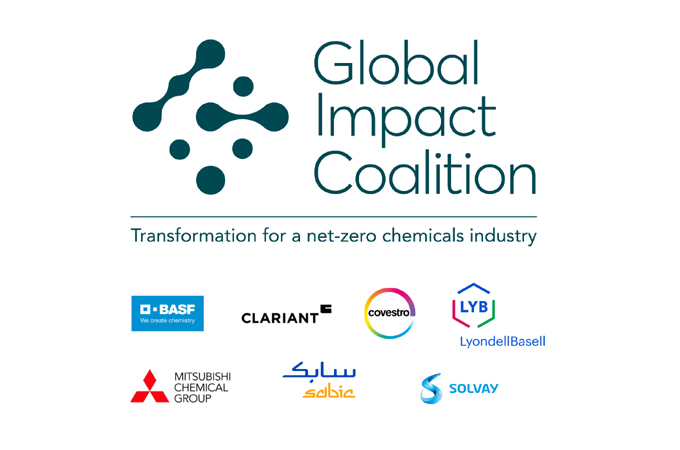To drive the global chemical industry towards net-zero emissions by 2050, Low Carbon Emission Technologies (LCET) has been incubated and hosted by the World Economic Forum for more than three years
The initiative has now officially launched as an independent global impact alliance.
The new alliance consists of Basf, Sabic, Covestro, Clariant, Lyondellbasell, Mitsubishi Chemical Group
Chemical
Group and Solvay, with the CEOs of each company responsible for supervising and managing daily operations. Through a series of cutting-edge projects, the Alliance works to accelerate the development and upgrading of low-carbon emission technologies for chemicals production and related value chains. The new alliance focuses on innovation, partnerships and the development of net-zero production methods that can make an important contribution to carbon neutrality and sustainable growth.

Børge, Chairman of the World Economic Forum
Brende said: “After more than three years of incubation at the World Economic Forum and delivering tangible results on decarbonization, we are delighted to see the Global Impact Alliance emerge as an independent legal entity. We are committed to nurturing our strong relationships and advancing chemistry sustainable development and innovation in the food industry.”
Leading demonstration projects
The consortium will use proven methods pioneered by LCET to incubate projects. Example projects from Alliance member companies:
• Plastic Waste Treatment R&D Center – will focus on developing new waste treatment technologies to reduce the CO2 footprint and increase plastic waste recycling levels.
• Electrically heated steam cracking furnace – cooperate to build the world’s first large-scale electrically heated steam cracking furnace demonstration plant.
Marks a new milestone
The Alliance is a cooperative organization for the incubation of low-carbon emission technologies in the chemical industry and is supported by an expert team of more than 70 chemical industry executives. Its transformation from a World Economic Forum initiative into a new independent alliance marks an important milestone.
Charlie, CEO of Global Impact Alliance
Tan said: “I see huge potential to reshape the chemical industry’s impact on the planet. One of our goals is to create new pathways to achieve this through collaboration, business model transformation and strong partnerships that will enable us to achieve Efforts towards a net zero future create real value. I’m very excited to be leading this work and hope to achieve more.”
As the cornerstone of the global economy, the chemical industry provides key raw materials, core technologies and basic materials for 95% of manufactured products. As a key component of almost all industries, sourcing and using alternative sustainable carbon sources will have a significant impact on the fight against climate change. ”
The Global Impact Coalition (GIC) is committed to accelerating the transformation of the chemical industry to achieve net zero emissions by 2050.

 微信扫一扫打赏
微信扫一扫打赏

